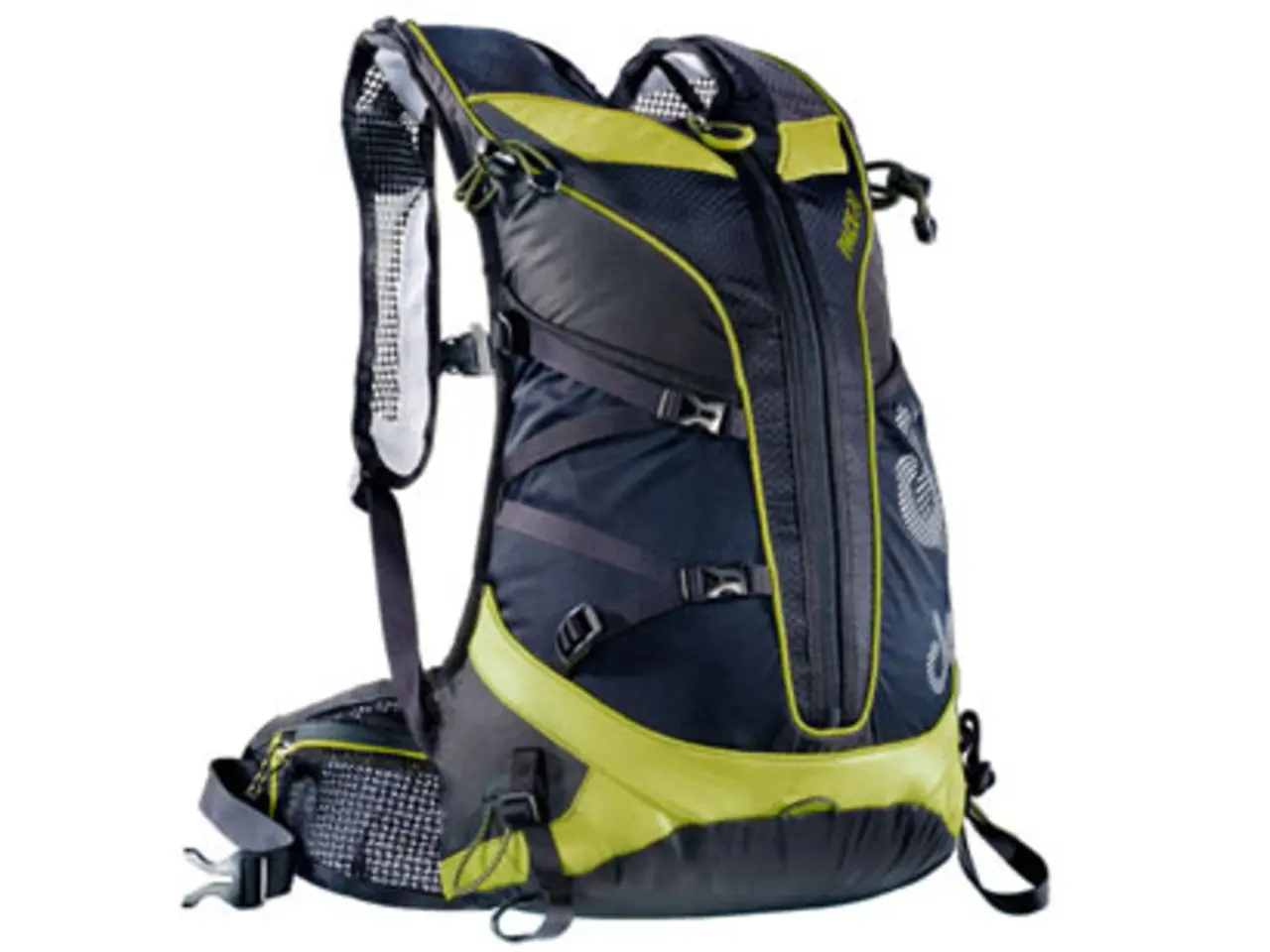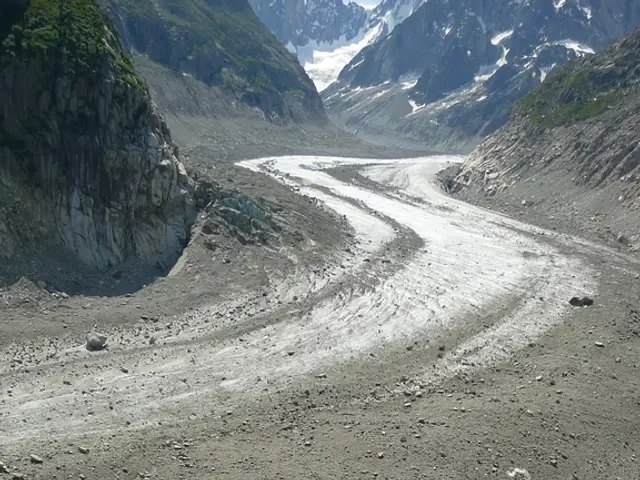Essential Tips for Inexperienced Hikers
For those eager to embark on their first backpacking adventure, a world of exciting opportunities awaits. From the picturesque landscapes of national parks to the rugged wilderness of distant continents, there are numerous destinations that cater to beginners with varying levels of difficulty.
In the United States, the Green Mountain Club offers a range of beginner-friendly hikes in Vermont, such as Jay Camp, a short and easy hike ideal for first-time backpackers carrying a heavy pack. The site offers a four-sided shelter for 10 hikers and tenting space nearby, with the option to extend the hike north on the Long Trail for a more challenging ascent to Jay Peak summit. Other recommended overnight hikes include Taylor Lodge and Skyline Lodge, each providing sheltered spots and access to nearby trails for extended exploration with moderate exertion.
Across the globe, New Zealand's Tongariro Alpine Crossing offers beginner-friendly terrain with scenic volcanic craters, colorful lakes, and native forests. While the full crossing is demanding, exploring the lower volcanic landscape sections provides a taste of rugged wilderness without overwhelming distances. Similarly, manageable portions of California's John Muir Trail offer an introduction to high mountain terrain, with well-marked paths, nearby campgrounds, alpine scenery, and wildflower meadows.
For those seeking a more immersive backpacking experience, destinations in Central America, such as Honduras’ Bay Islands, offer unique opportunities for adventurous beginners interested in combining hiking with cultural experiences. While some jungle hikes are moderate to challenging, these off-the-beaten-path treks provide an appealing connection with nature and locals.
Regardless of the destination, packing light and smart is essential. A high-quality, lightweight, durable rucksack is crucial, as is a reliable tent that is easy to erect and provides adequate protection from the elements. Dehydrated meals, instant soups, trail mix, and energy bars are good choices for backpacking food, considering lightweight, high-energy options that are easy to prepare on the trail.
Safety is paramount, and beginners should research the destination and its weather before starting their trip, pack light and only bring the essentials, practice using all the gear before the trip, learn basic navigation skills, and be mindful of Leave No Trace principles to minimize environmental impact. When backpacking, it's important to pack out all trash and waste, including food wrappers and toilet paper.
Reflecting on the experience at the end of each day and appreciating the sense of accomplishment that comes with completing a challenging backpacking trip in the wilderness is an essential part of the journey. Investing in a suitable pair of walking boots with ankle support, good tread, and waterproof features is essential, as is carrying a first aid kit, emergency shelter, navigation tools, and informing someone of your plans.
Whether you're a novice or an experienced hiker, the world of backpacking offers unforgettable experiences in some of the most breathtaking landscapes on Earth. By following these guidelines and approaching each trip with respect for the environment and the wildlife, you're sure to create memories that will last a lifetime.
Traveling beyond the trails of the United States, New Zealand's Tongariro Alpine Crossing also offers an ideal introduction to outdoor-living for beginners, showcasing volcanic landscapes, colorful lakes, and native forests. In the realm of home-and-garden, investing in a high-quality, lightweight, and durable backpack will ensure a comfortable lifestyle for your journey, complemented by suitable walking boots with ankle support, good tread, and waterproof features.








